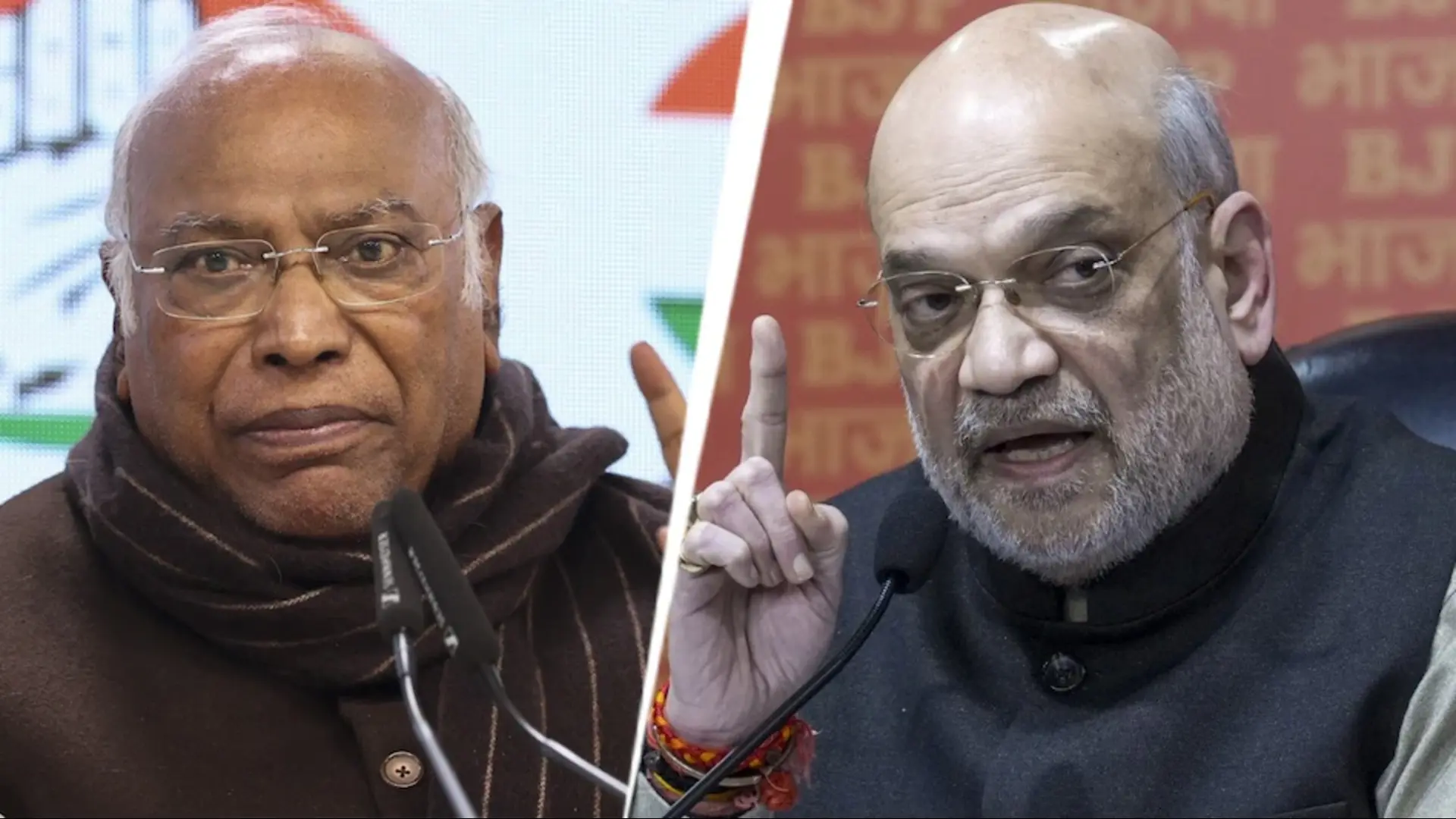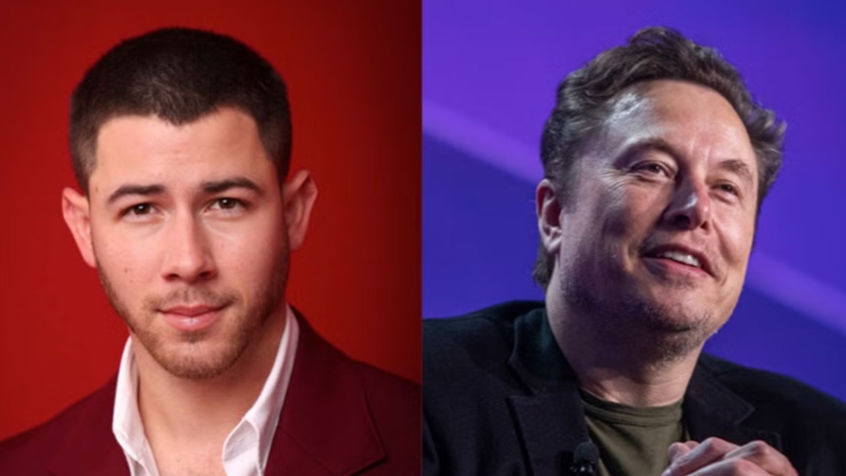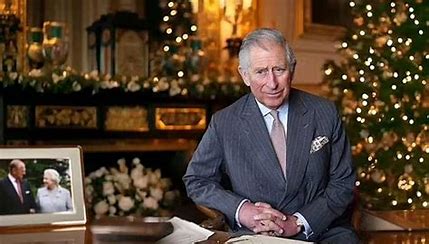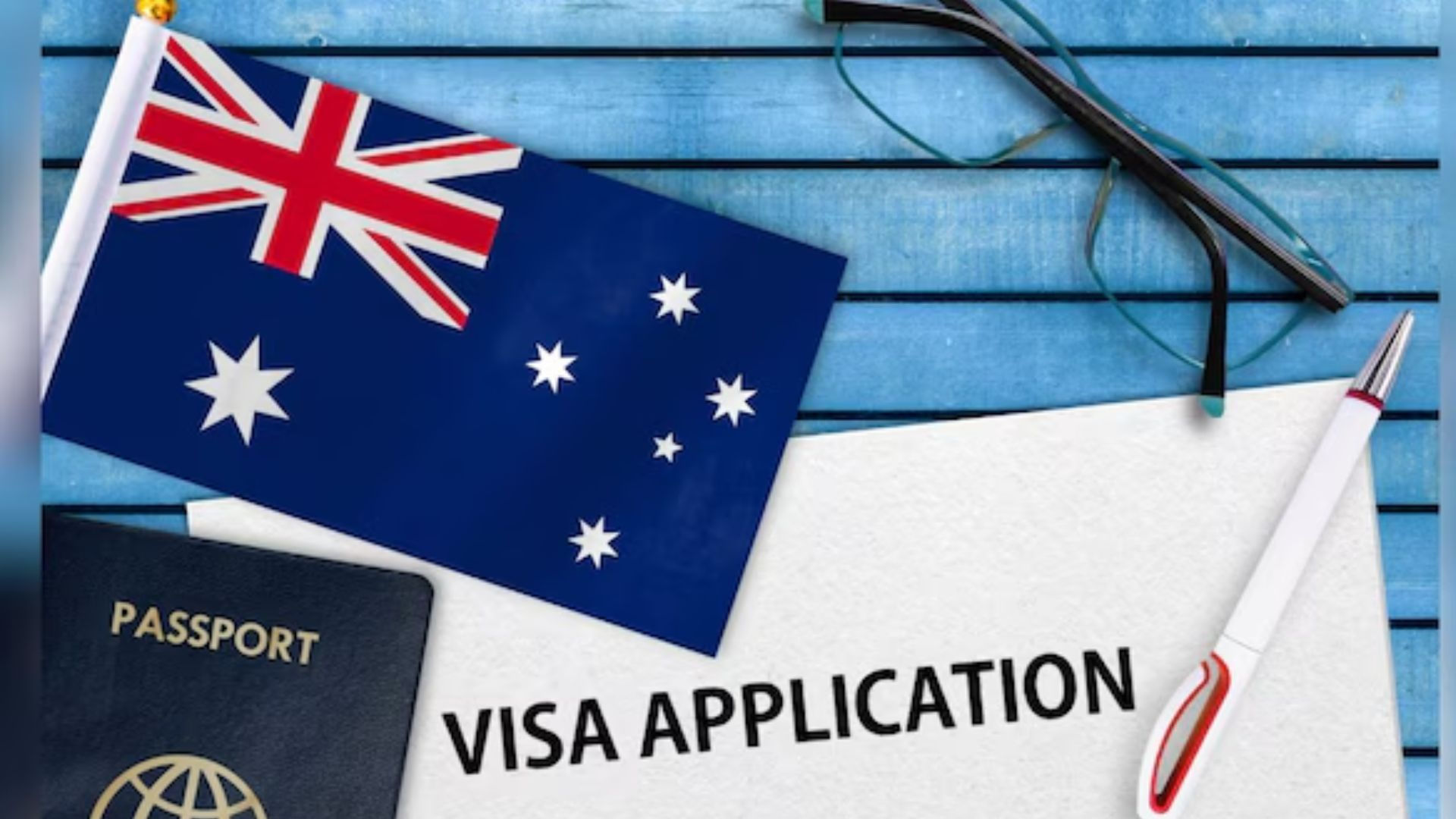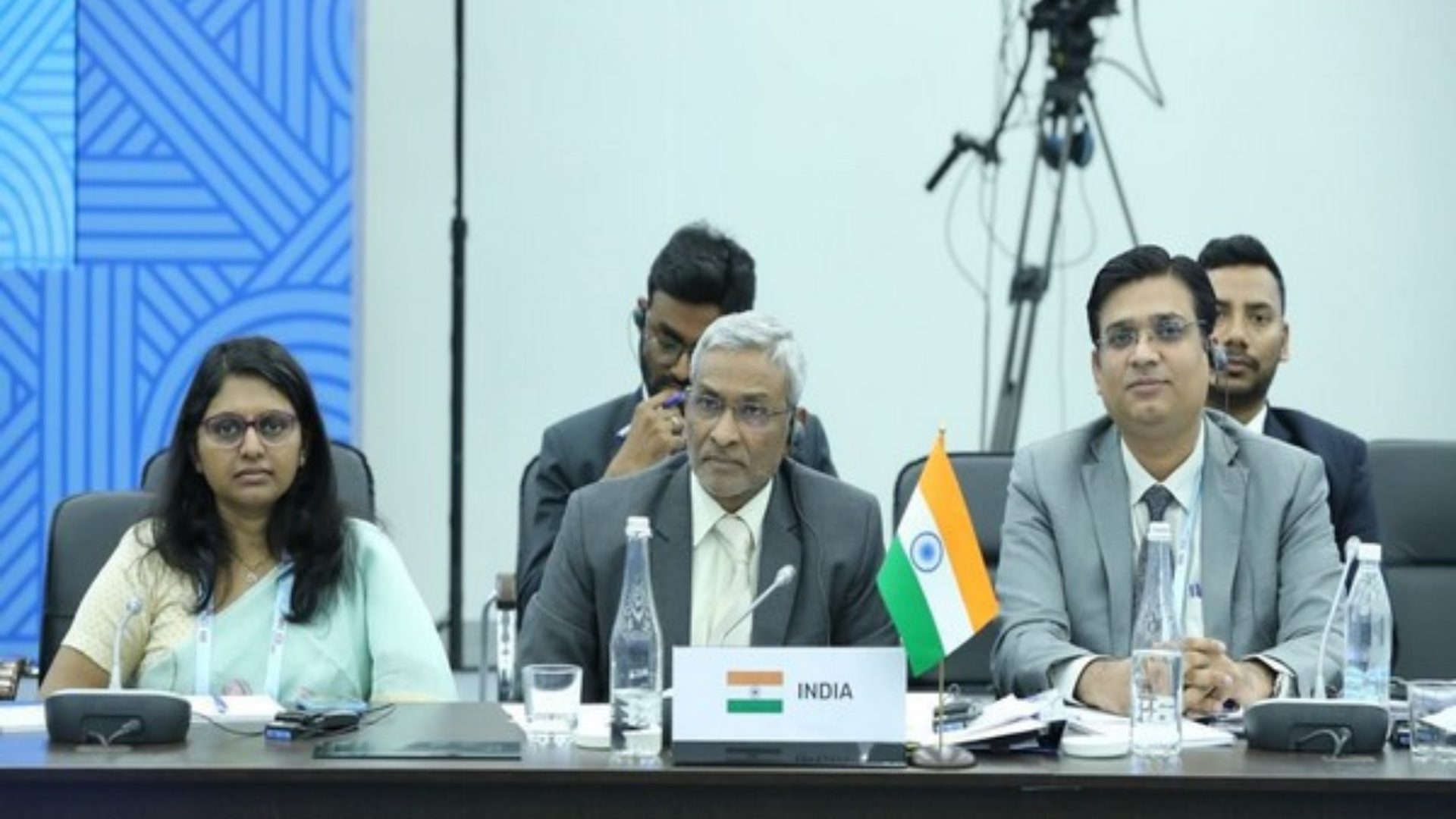
In a significant gathering in Nizhny Novgorod, Russia, the Foreign Ministers of the BRICS nations underscored the G20’s pivotal role as the leading forum for international economic cooperation. The ministers reiterated their commitment to ensuring the G20 remains productive, focusing on tangible outcomes and consensus-driven decision-making.
Reflecting on the New Delhi Summit last year, the BRICS ministers celebrated the inclusion of the African Union in the G20. This move, they believe, strengthens the G20’s capacity to address global economic inequalities, imbalances, and shortcomings. With India having held the G20 presidency in 2023, Brazil currently at the helm, and South Africa slated for 2025, the BRICS countries see a solid foundation for continued progress.
The BRICS Foreign Ministers’ Meeting, attended by Dammu Ravi, Secretary (Economic Relations) at India’s Ministry of External Affairs (MEA), marked the first international engagement under Prime Minister Narendra Modi’s historic third consecutive term. The meeting saw a unified stance on the importance of the G20 in fostering inclusive global economic growth.
In their joint statement, the ministers emphasized the G20’s role in bringing together developed and developing nations to tackle global challenges. They stressed the importance of a balanced approach, integrating the voices of the Global South into the G20 agenda. The ministers also endorsed Brazil’s priorities for its G20 presidency: combating hunger, poverty, and inequality; promoting sustainable development; and advocating for global governance reform.
Highlighting the intersection of sustainable development and global health, the ministers called for inclusive, equitable, and result-oriented international health cooperation. They advocated for a global health architecture that is open, science-based, depoliticized, and respects the sovereignty and interests of all nations.
The ministers also recognized the critical importance of food security and rural development. They encouraged enhanced cooperation in agriculture and food security to address these pressing issues.
Energy cooperation was another focal point, with the ministers emphasizing the need for universal access to affordable, reliable energy. They argued that energy security is crucial for economic development, social stability, and national security.
This meeting was the first since BRICS expanded its membership in 2023 to include Egypt, Iran, UAE, Saudi Arabia, and Ethiopia, bringing the total to ten full members. Russia assumed the BRICS chairmanship on January 1, 2024, continuing to steer the group towards greater collaboration and influence on the global stage.
The reaffirmation of the G20’s role and the emphasis on inclusive, equitable global policies reflect the BRICS nations’ commitment to addressing global challenges and fostering a more balanced world economy.
